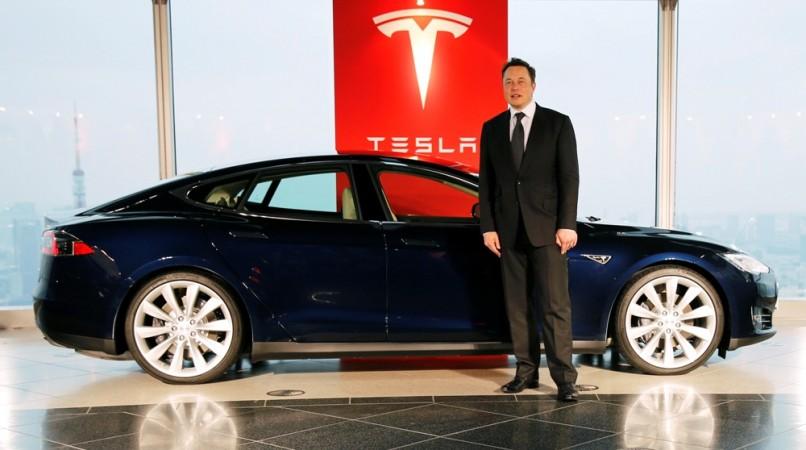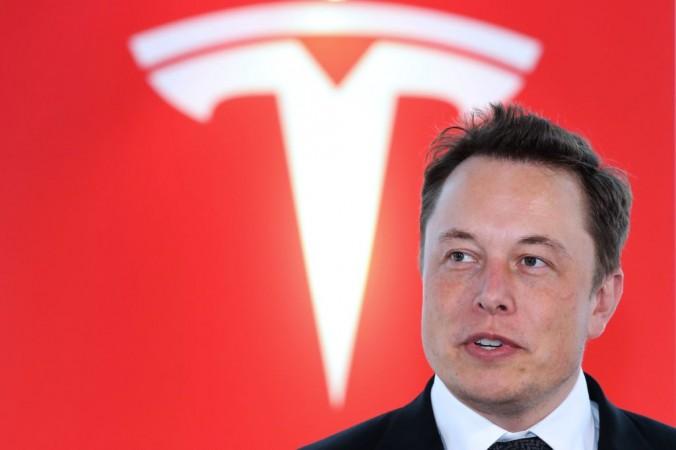
CEO of California-based electric car specialist Tesla, Elon Musk on Monday tweeted about a possible delay of his company's India debut over sourcing norms. For a tweet asking the chances of Tesla debuting in India in 2017 or 2018, Musk replied: "Maybe I'm misinformed, but I was told that 30 percent of parts must be locally sourced and the supply doesn't yet exist in India to support that."
Also read: Tesla becomes most valuable US car maker; Elon Musk's electric car brand edges out GM
In response to the concern raised by Musk, Government of India tweeted on Make in India's twitter account that FDI policy of the country does not mandate any such minimum sourcing of components by manufacturers. The post clarified a foreign investor is permitted to sell in any manner- wholesale, retail including e-commerce. It also clarified India's FDI (Foreign Direct Investment) policy permits wholesale of imported goods to the country without sourcing condition.
Prima facie the concern of Musk has been solved and the decks are clear for Tesla's India entry without delay. However, it is not fully resolved yet. It is clear that country's FDI policy permits wholesale of imported goods without sourcing conditions. However, it needs to be noted that Musk is referring to country's retail policy that requires multinationals to source a minimum of 30 per cent of all products sold in the country locally if the investment is beyond 51 percent. This law is applicable when the company controls the entire process of selling its products and owning the stores where its products are sold.
.@elonmusk With respect to news reports on launch plans of Tesla in India being delayed, please note some key clarifications#MakeInIndia pic.twitter.com/9RFICGM9Kk
— Make in India (@makeinindia) May 23, 2017
Globally, Tesla controls the entire experience for customers without local dealers in selling and servicing the cars. Most probably they will be planning to go in the same line in India. In that case, Tesla will be forced to locally source a minimum of 30 per cent.

This is the same rule that also delayed the Apple Inc. to set-up its single-brand retail stores in India. The Cupertino-based company had asked for tax sops, which included custom duty exemption, change FDI norms that require 30 percent domestic sourcing, to set up single-branded Apple retail stores and permission to sell refurbished iPhones in India.
Indian government has finally agreed to only give partial tax concession for Apple to assemble iPhones in Bengaluru. In this status quo, hurdles for Tesla to enter India and concerns of Musk still exist, unsettled.





!['Had denied Housefull franchise as they wanted me to wear a bikini': Tia Bajpai on turning down bold scripts [Exclusive]](https://data1.ibtimes.co.in/en/full/806605/had-denied-housefull-franchise-they-wanted-me-wear-bikini-tia-bajpai-turning-down-bold.png?w=220&h=138)



![India Auto Roundup: Maruti Suzuki, Mahindra have exciting launches in November [details here]](https://data1.ibtimes.co.in/en/full/805520/india-auto-roundup-maruti-suzuki-mahindra-have-exciting-launches-november-details-here.jpg?w=220&h=135)